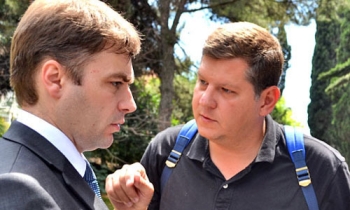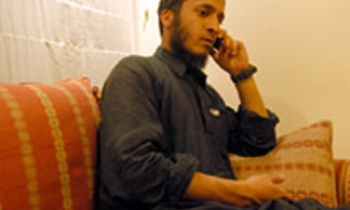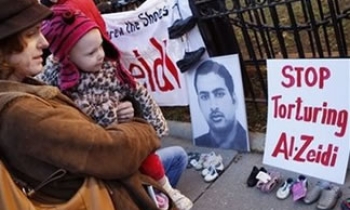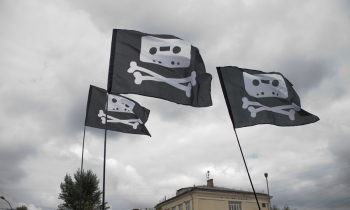Zambian journalist Chansa Kabwela has been arrested on bogus charges of circulating obscene materials, the Committee to Protect Journalists (CPJ) has reported. Kabwela, news editor for the Post, was arrested on Monday for circulating two photographs of a woman giving birth without medical aid outside the University Teaching Hospital, which was involved in a health care worker strike at the time, the newspaper reported.
On June 10, Kabwela sent the photos with a letter to the vice president, the minister of health, the cabinet secretary, the archbishop of Lusaka, and two civil society groups, urging that the strike be settled.
The photos were taken by the woman's husband, who gave them to the Post because he believed that what happened should not happen to others, according to Sam Mujida, the paper's deputy manager. Mujida said that editors decided the pictures were too graphic for publication but felt it important to raise awareness among government and civic leaders about the human impact of the strike. The infant died shortly after birth, according to news accounts.
Reading out the charge to Kabwela on Wednesday, the Zambia Daily Mail reported, Lusaka Magistrates Court chief resident magistrate Charles Kafunda said Kabwela has been charged with the count of circulating obscene materials, which is contrary to section 177 1(a) of the penal code. “You stand charged with the offence of circulating obscene materials contrary to section 177 1(a) of the penal code,” he said.
Earlier, defence lawyer Remmy Mainza argued that there was a need for consistency between the indictment and consent documents in the case. “The consent and the indictment do not appear to be consistent. You will note from the details of the offence that they are inconsistent. The indictment of the allegation reads that the offence was committed on dates between the June 1, 2009 and the June 10, 2009, while the consent reads that the offence was committed on or about June 10, 2009. The two statements do not mean the same,” he said.
"The only obscenity in this case is that a child should die outside a hospital for want of proper care," said CPJ's Africa programme coordinator, Tom Rhodes. "The charges against Chansa Kabwela should be dropped immediately, and the ongoing harassment of her newspaper by the authorities must end."
Reporters sans Frontières (RSF) described the charges as ridiculous. “We urge the government to withdraw these absurd charges. Kabwela is clearly innocent because she made a point of not publishing these photos. She just sent them to certain government officials and NGOs,” it said. “The photographs are anyway not pornographic. Their aim was to alert the authorities to a public health problem. This episode is just another case of the government obstructing this newspaper’s work.”
Kabwela, who is free on bail, pleaded not guilty on Tuesday before Chief Resident Magistrate Charles Kafunda at the Lusaka Magistrate Court. The next hearing is scheduled for August 5, Mujida said.
Although he had not been sent the photos, President Rupiah Banda had called the photos pornography and had urged police to take action. "I hope those responsible for the law of this country will pursue this matter," Banda said a June 24 press briefing, the New York Times reported. Lusaka police summoned Kabwela for questioning on July 1 and screened the Post's bank accounts to investigate whether the woman had paid the paper to circulate the photos, Mujida said.
The Post is known to be a tough critic of the president, detailing corruption allegations involving the administration on a regular basis. The paper has been targetted with reprisals, according to CPJ research. Ruling party supporters have threatened Post staff, including vendors of the paper, on six occasions in the first five months of 2009, CPJ research shows.









